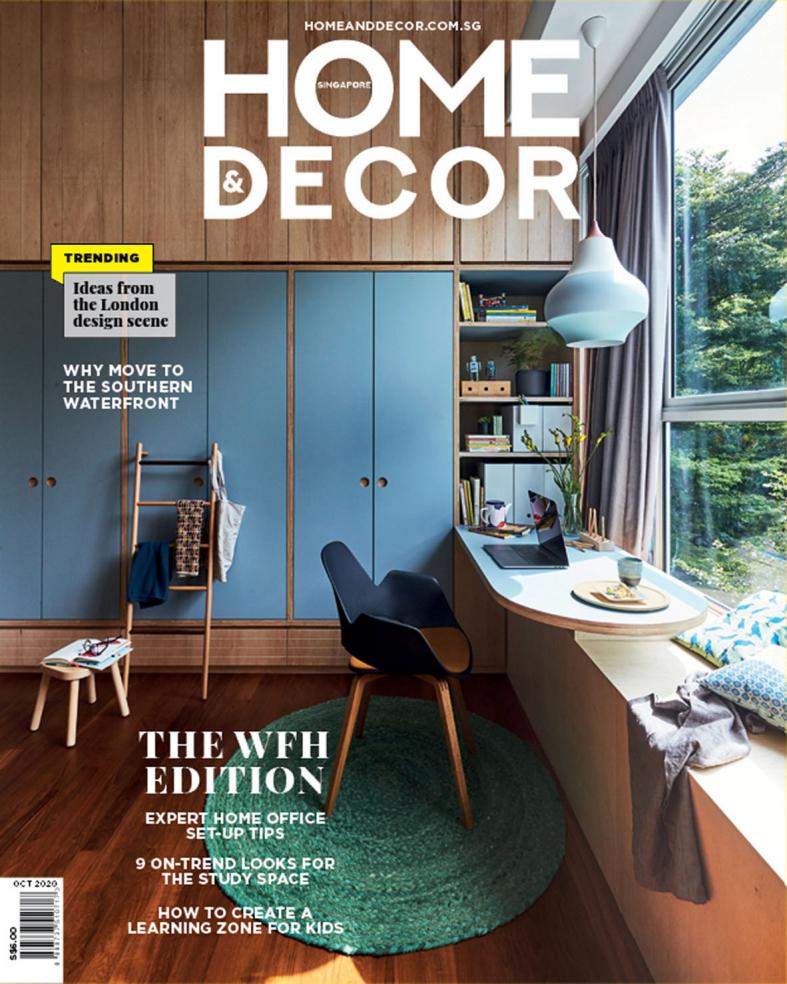Your cheat sheet to getting the right bed sheets
Here is what to look out for when choosing the best bed linen for a good night's sleep
Buying the right bed is obviously essential for a good night's sleep, but bed sheets sit next to your skin, and uncomfortable bed linen can thwart your plans for a good snooze.
Here is what to look out for when you compare labels - plus tips from an expert - so you get the best sheets for your buck.
Does thread count matter?
Talk bed sheets and the first thing that comes to mind is thread count, which refers to the total number of threads per square inch of fabric. But is it really that important?
Yes and no. It is true that thread count influences how soft and smooth your bed linen feels, but do not rely solely on high thread count.
"It is just one of the many factors that determines a fabric's quality," said Mr Wong Liang Wei, director of Haven Lifestyle, which manages bedding brands such as Grand Atelier, Ralph Lauren and Horgen.
"Two fabrics can each have identical thread count but feel different because of the fabric type, as well as manufacturing techniques such as the quality of yarn and dye used, weave types and post-weaving processes."
Shop for the most comfortable bed sheets and slip into dreamland without spending so much money with a Shopee Promo Code.
Where and how do you sleep?
Your surroundings and sleeping habits play a part in the type of bed sheets you should go for too.
Mr Wong said: "If you prefer natural ventilation or air-conditioning temperatures that are set higher, go for softer, lighter and more absorbent fabrics to keep you from feeling hot and bothered in our tropical heat."
Think natural or manufactured cellulose fibres such as cotton, bamboo and Tencel (which feels cool to the touch) that are more breathable and will wick away moisture. Cotton is also great for folks with pets and children since it is more lasting.
If you are all about blasting the air-conditioning, you can experiment with a variety of materials, including heavier sheets.
Consider fibre types
With many bedding materials available right now, they can be generally classified into three types of fibre options. These can be combined to form limitless types of fabrics.
Naturally occurring fibres
Cotton and linen are dependable and common. They come in a variety of qualities but are generally smooth, soft, breathable, durable and make for easy maintenance.
Naturally sourced regenerated fibres
These are also known as cellulose-based fibres and include Tencel and bamboo fibres.
Mr Wong said: "Fabrics made from these are as breathable as cotton and can surpass it in terms of softness and smoothness. However, they are more fragile than naturally occurring fibres, so it is important to choose thickly woven (ones) or those of a heavier weight if you prefer these materials."
Synthetic fibres
These do well in terms of durability and are often used in blends with the first two types of fibres to increase the durability of the resulting fabric.
However, they pale in comparison to the natural and cellulose fibres when it comes to comfort and breathability.
Got allergies?
If you have sensitive skin or are prone to skin allergies, naturally derived fabrics would be your best bet. Skip the cotton-polyester blends with synthetic base materials that can potentially cause skin irritations.
Silk is great for people with asthma as it is naturally hypoallergenic and is an antimicrobial fabric that is resistant to dust mites, mildew and pet dander. Bamboo, which is also naturally more hypoallergenic, and 100 per cent cotton are also good choices if you are worried about allergies.
Test it out
Ultimately, choosing the best bed sheet boils down to how it feels against your skin.
Mr Wong said: "Always touch the sheets to get a good gauge of not just the material's softness and smoothness but its thickness and lustre as well. You can only decide on what suits you the most and its quality after feeling the fabric."

This article was first published in Home & Decor Singapore (homeanddecor.com.sg).
Get The New Paper on your phone with the free TNP app. Download from the Apple App Store or Google Play Store now


